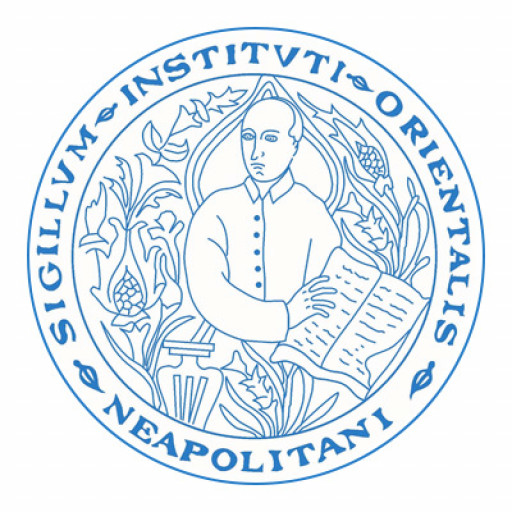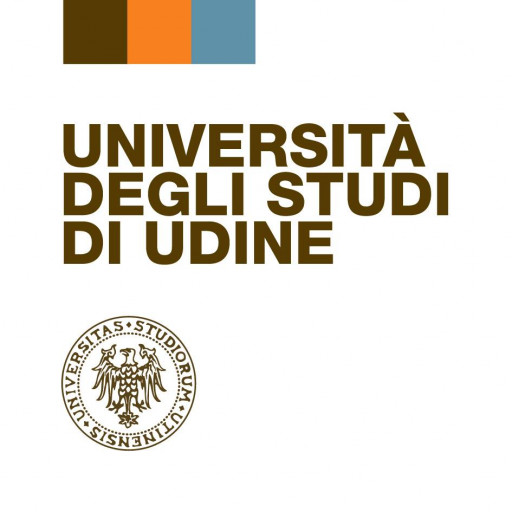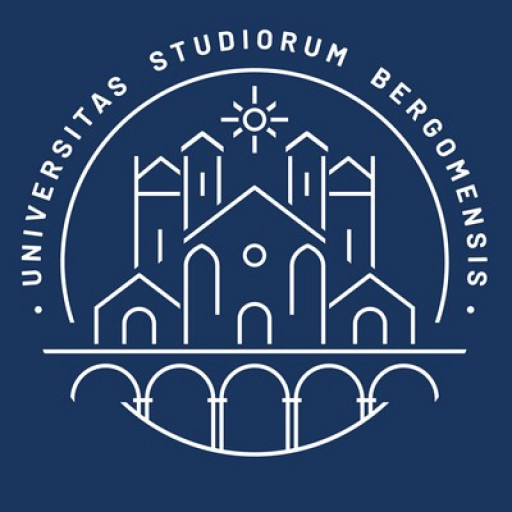Photos of university / #londonschoolofeconomics
European Studies at the London School of Economics and Political Science offers an interdisciplinary examination of Europe, its institutions, societies, politics, and economies. This program provides students with a comprehensive understanding of the historical development, cultural diversity, and contemporary challenges faced by European countries. Through a combination of rigorous coursework, empirical research, and theoretical analyses, students develop critical thinking skills and a nuanced perspective on European integration, governance, and identity. The program includes modules covering European Union politics, European law, economic integration, history, and foreign policy, enabling students to analyze complex issues such as sovereignty, migration, security, and regional cooperation. Students also have opportunities to engage with current debates surrounding Brexit, EU enlargement, and democratic legitimacy, ensuring they are well-equipped to participate in policy-making or academic careers. The program emphasizes interdisciplinary learning, encouraging students to draw on insights from political science, economics, history, law, and sociology. It also offers practical components, including policy analysis exercises, workshops, and potential internships, to prepare graduates for careers in government, international organizations, think tanks, or academia. The faculty comprises experts with extensive research experience in European affairs, providing students with mentorship and access to cutting-edge scholarship. With its central location in London, the program benefits from proximity to European institutions, diplomatic missions, and numerous cultural and professional networks, enriching the overall educational experience. Graduates of this program leave with a solid foundation in European issues, critical analytic skills, and a global perspective, ready to contribute effectively to public policy, research, or international relations related to Europe.
European Studies at the London School of Economics and Political Science offers an in-depth multidisciplinary curriculum designed to provide students with a comprehensive understanding of the political, economic, social, and cultural developments across Europe. The programme examines the complex history of European integration, contemporary political issues, and the diverse identities that shape the continent today. Students explore key topics such as European institutions, governance, security, migration, and the economic integration process within the European Union. The programme combines theoretical knowledge with practical analysis, enabling students to critically assess policy debates and emerging challenges faced by European nations and institutions. Coursework includes lectures, seminars, research projects, and case studies that foster analytical skills, policy evaluation, and comparative analysis of different European countries. Students are encouraged to engage with current European affairs through guest lectures, workshops, and internships, providing real-world insights and professional experience. The curriculum also emphasizes understanding the cultural and social diversity of Europe, including language, identity, and historical narratives. By the end of the programme, graduates will have developed a nuanced perspective on European issues, equipped with the analytical tools to contribute effectively to academic, governmental, diplomatic, or nongovernmental organizations. The programme aims to prepare students for careers in international organizations, policy analysis, journalism, academia, and beyond, offering a stimulating environment for intellectual growth and professional development in the field of European studies.
The MSc in European Studies at the London School of Economics and Political Science (LSE) requires students to complete a structured programme consisting of core and optional courses, a research project, and participation in seminars and workshops. Students must undertake a total of 13-15 units over the course of the academic year. The core courses typically include modules such as The European Union: Politics and Policies, and Contemporary European Political Economy, providing foundational knowledge on European institutions, policy-making processes, and economic issues. Optional courses allow students to specialise in areas such as European integration, security and defence policy, or regional studies, depending on their interests and career goals. All students are required to submit a dissertation of around 10,000 words, which involves independent research on a topic related to European studies. The programme encourages active participation in seminars, guest lectures, and conferences to deepen understanding of current European issues. English language proficiency is mandatory, demonstrated through an accepted test score such as IELTS or TOEFL. Applicants should have an undergraduate degree in political science, international relations, economics, or a related field, with a strong academic record. Work experience in European institutions, policy analysis, or related areas can be an advantage but is not mandatory. The MSc in European Studies aims to equip students with analytical skills, policy understanding, and critical perspectives necessary for careers in European institutions, government, NGOs, or international organizations. Continuous assessment through essays, presentations, and participation contributes to the final grade, and students are expected to engage actively with the academic community at LSE throughout the programme.
The Master’s programme in European Studies at the London School of Economics and Political Science offers a diverse range of financing options to support prospective students financially throughout their studies. Tuition fees for the programme are set annually and vary depending on whether students are classified as home, EU, or international students. For the latest fee structure, applicants should refer to the official LSE website, but typically, tuition fees for international students pursuing a Master's in European Studies are in the range of £22,000 to £24,000 per year. Home and EU students benefit from lower fees, approximately £11,000 to £13,000 annually, reflecting the UK's fee policy.
LSE provides a comprehensive array of scholarships and financial aid opportunities, aimed at both domestic and international students. These include the LSE Think Big Scholarship, which offers various awards of different amounts based on merit and financial need. Additionally, the university offers country-specific scholarships and fundings, sometimes in partnership with external organizations. For example, students from certain countries may be eligible for government-sponsored or external scholarships that cover tuition fees and living expenses.
Apart from scholarships, students can consider applying for student loans, depending on their home country. UK students may access loans through the Student Loans Company, while international students may explore options through their own governments or external funding bodies. It is important for applicants to carefully research eligibility criteria, application procedures, and deadlines for each funding source.
LSE also provides guidance on budget planning and financial management for enrolled students. The university recommends that students budget for living expenses, which include accommodation, food, transportation, insurance, and study materials. The cost of living in London is relatively high, and students are advised to plan accordingly, using estimates provided on the institution’s official student life pages.
Furthermore, the university’s Career Services and the programme's faculty may assist students in part-time work opportunities, internships, and other paid activities, which can help offset costs. International students are allowed to work a limited number of hours during term time, generally up to 20 hours per week, subject to visa restrictions.
In summary, financing the European Studies programme at LSE can be achieved through a combination of tuition fees, scholarships, external funding, loans, and part-time work. Prospective students are encouraged to start their financial planning early by exploring all available options and consulting the official LSE financial aid webpage for the most current and detailed information regarding funding opportunities.
The MSc in European Studies at the London School of Economics and Political Science (LSE) is a comprehensive postgraduate program designed to provide students with an in-depth understanding of the political, economic, and cultural dimensions of Europe. The program aims to equip students with analytical skills and critical perspectives necessary to analyze Europe's complex regional dynamics and its role in global affairs. It combines interdisciplinary coursework, allowing students to explore a broad range of issues facing Europe today, including integration, sovereignty, identity, economic policy, security, and human rights. Students engage with a diverse faculty renowned for research in European politics, international relations, and economic integration. The program offers core modules that develop foundational knowledge, such as European Union institutions and policies, alongside optional modules that allow specialization in areas like European economic integration, security, and environmental policy. Students also undertake a dissertation, enabling them to conduct independent research on a topic of particular interest. The program attracts a diverse cohort of students from around the world, fostering a rich academic environment and facilitating international networking opportunities. Graduates typically pursue careers in government, international organizations, think tanks, research institutes, or continue their studies at doctoral level. The interdisciplinary approach, combined with practical policy analysis and research skills, prepares students for influential roles within the European context or in institutions dealing with European affairs globally. Additionally, students benefit from LSE’s close ties with European policymakers and institutions, enhancing their understanding of real-world policy challenges and opportunities. The MSc in European Studies is suitable for those interested in understanding the complexities of Europe’s political landscape and contributing to debates on shaping the future of the continent.










